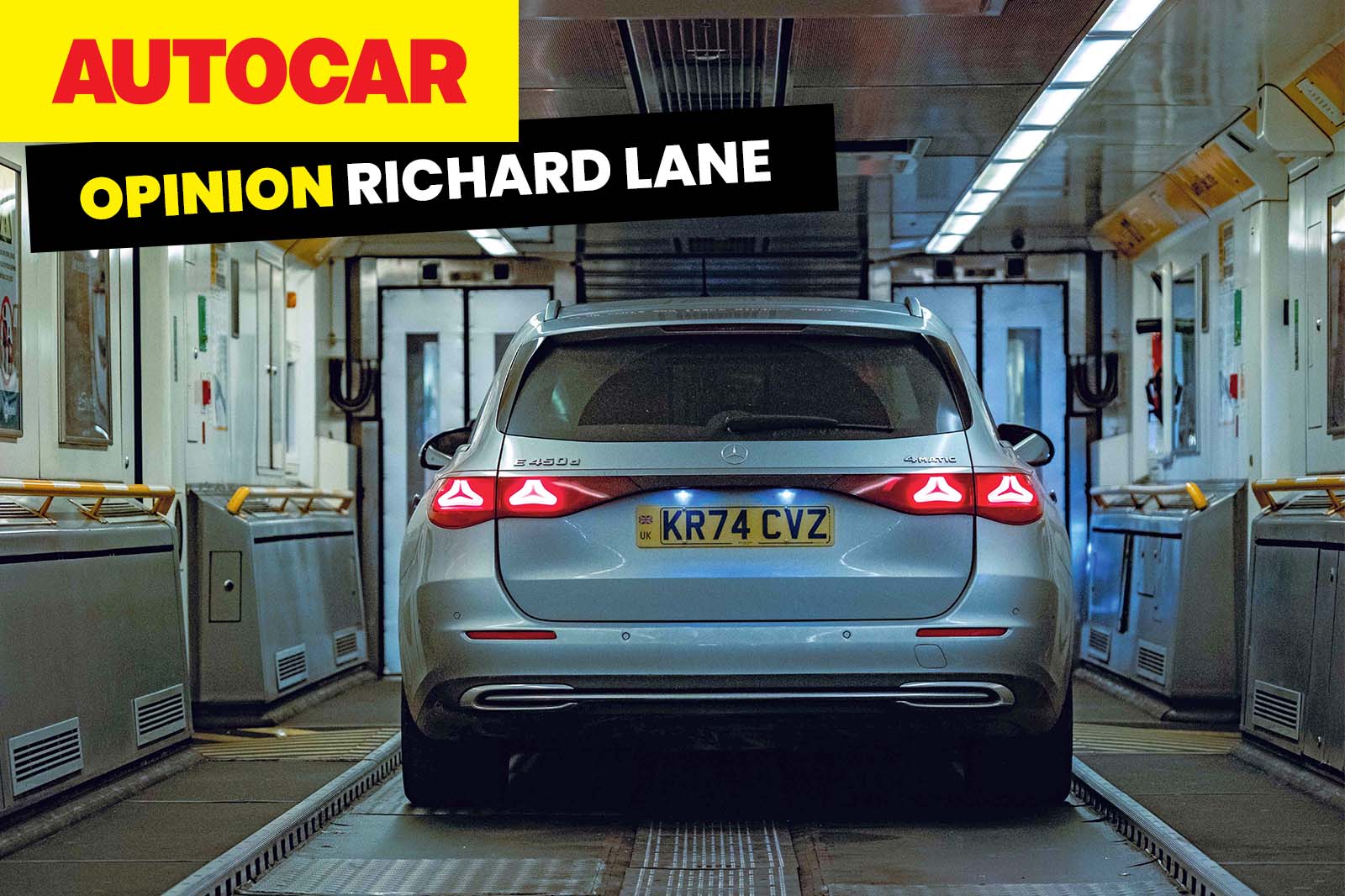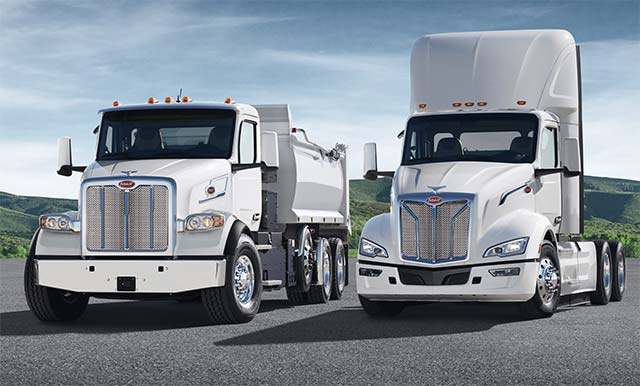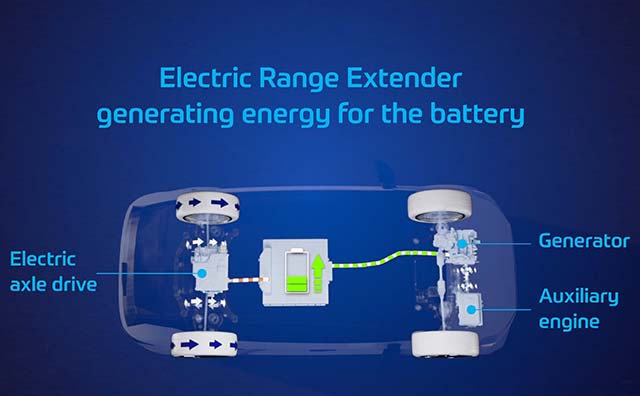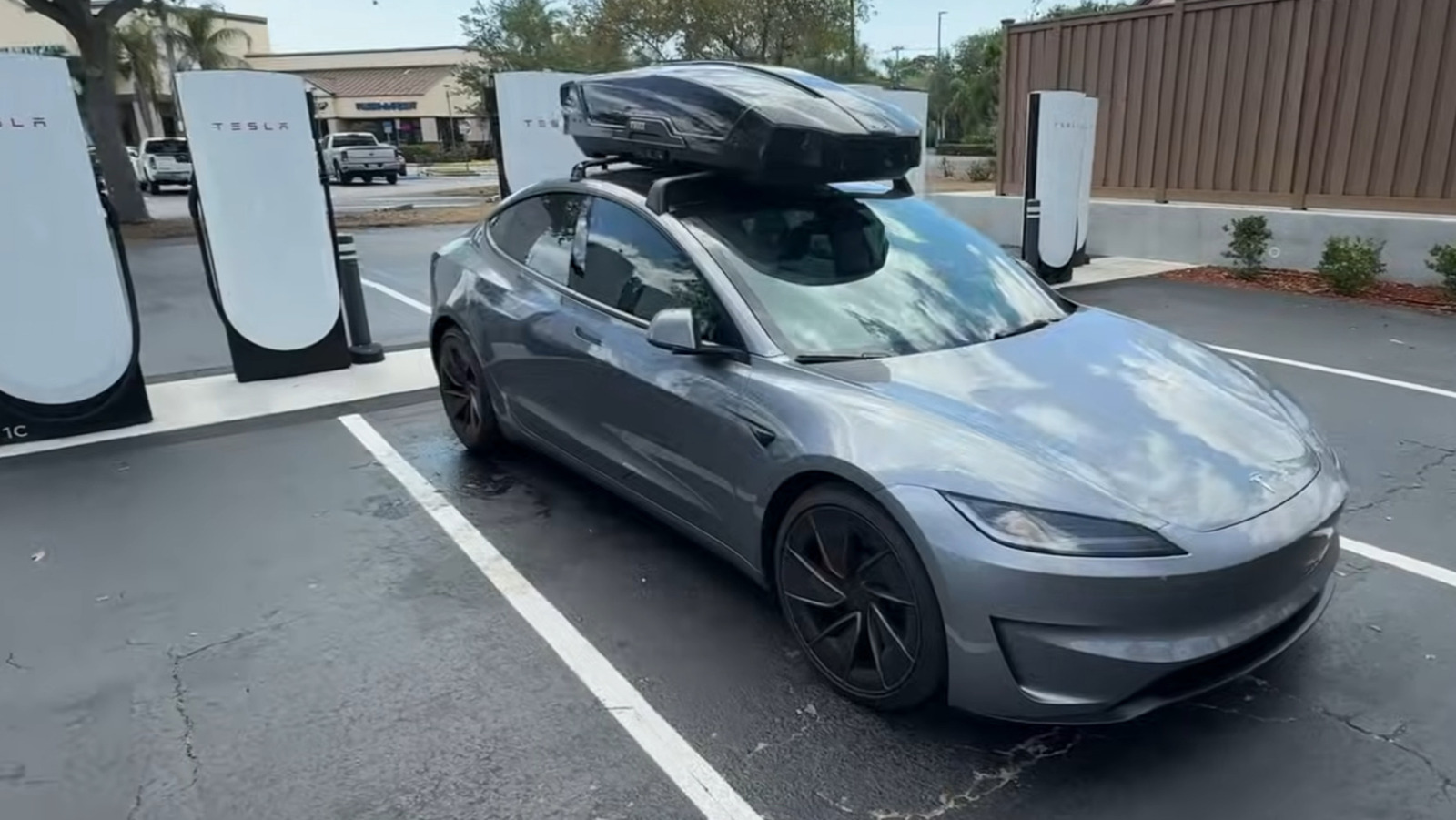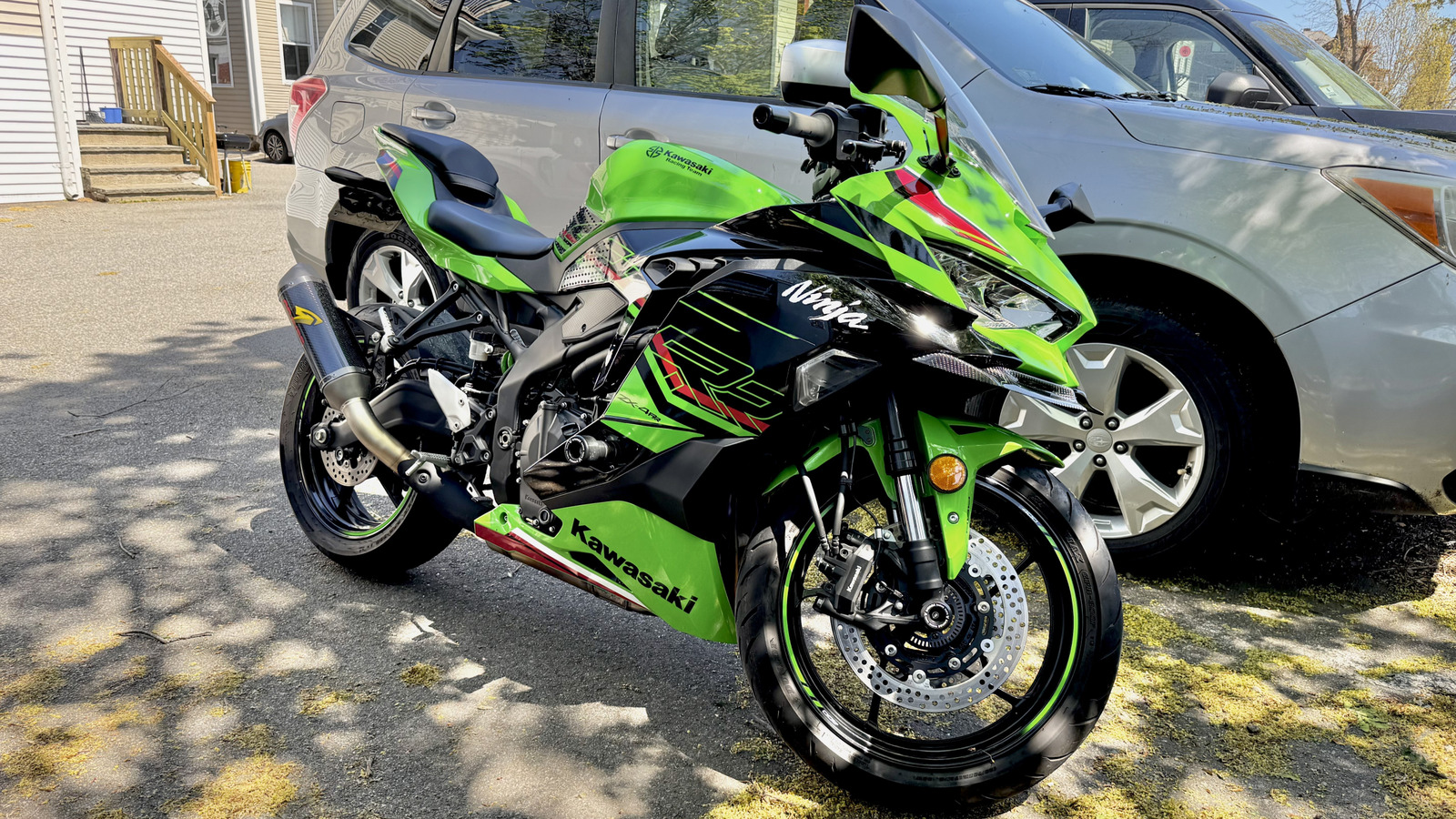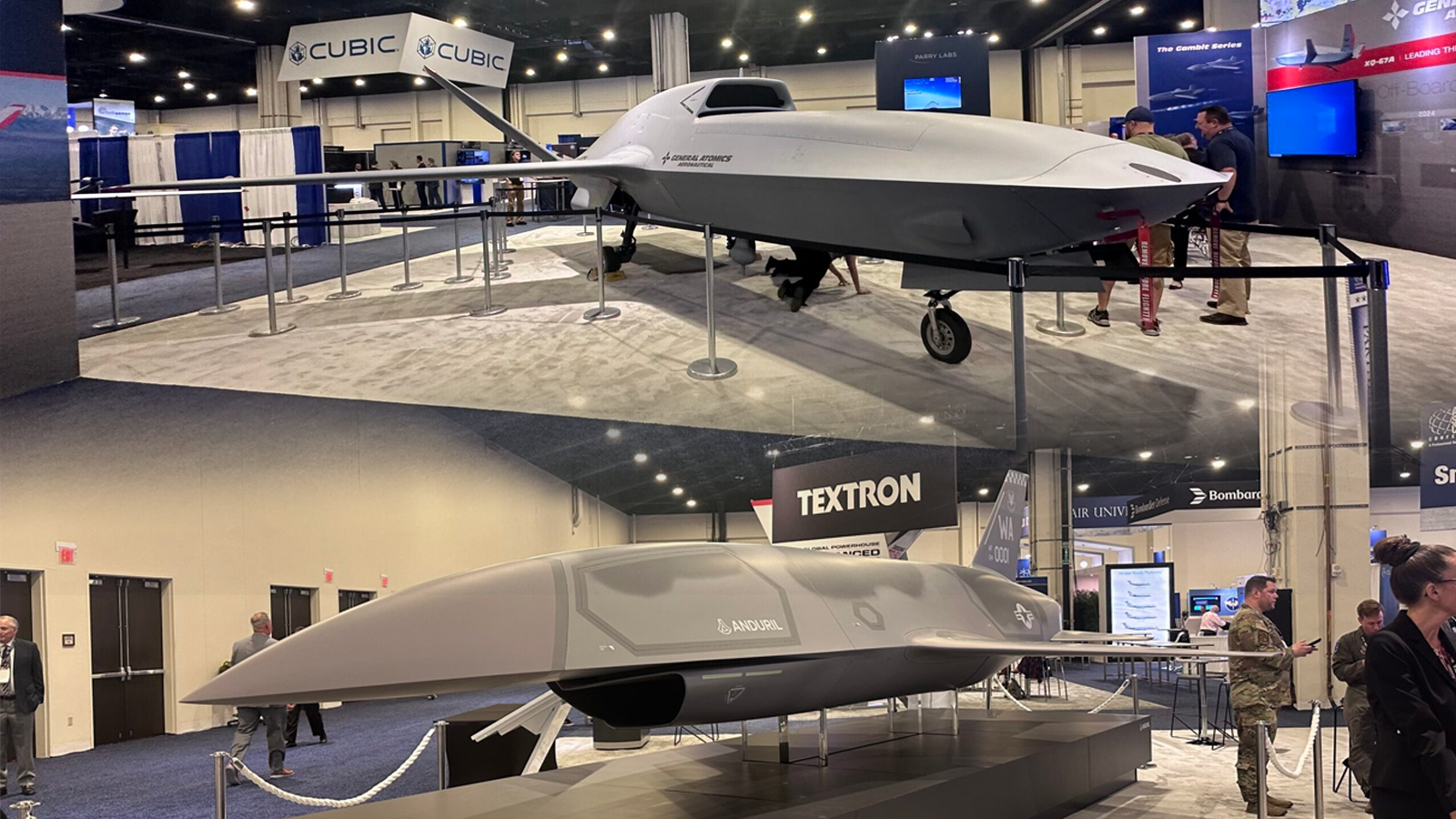Owner-operators reject weight-based road user fees
Fixing the Highway Trust Fund is a priority for the trucking industry – but not by charging trucks based on routes and weights, say owner-operators. The post Owner-operators reject weight-based road user fees appeared first on FreightWaves.

WASHINGTON — A weight- and route-based user charge directed at the trucking industry is a nonstarter as far as many owner-operators are concerned.
That variant of a “user pays” funding model was offered up on Capitol Hill this week by the American Association of State Highway and Transportation Officials (AASHTO) as lawmakers again try to figure out how to shore up the Highway Trust Fund. At the current pace, the HTF will run out of money by 2028, according to the Congressional Budget Office.
Representing AASHTO, Carlos Braceras, executive director of the Utah Department of Transportation, stated in written testimony to a House Transportation subcommittee panel that a truck mileage-based user fee option Congress could consider “could vary based on axle weight (for example, higher for trucks with fewer axles) and type of route (higher for travel on lightly engineered routes).
“This would encourage truckers to adopt trailer configurations designed to reduce axle loads and to travel, where possible, on heavily engineered highways or main arterials.”
Asked how Congress could ensure that such a fee does not overly tax the trucking industry relative to other vehicles paying into the trust fund, Braceras emphasized the importance of taking into account the weight of the truck.
“A tiered program that would address the weight of vehicles is the mileage-based user fee pilot [projects] we are looking at,” he said. “Making sure that the fair share is attributed as the vehicles put wear on the transportation system – that’s how we feel that should be approached.”
The Owner-Operator Independent Drivers Association, which supports boosting HTF revenues through “reasonable and impartial” gasoline and diesel taxes, said AASHTO’s proposal is even more complicated than other mileage-based user fee proposals.
“AASHTO’s idea would require tracking how far a truck drives, its axle setup at all times, and what kind of roads it’s on and how those roads are rated,” an OOIDA spokesman told FreightWaves.
“Since the national VMT [vehicle miles traveled] pilot hasn’t made any progress yet, it’s clear that adding all these extra layers isn’t realistic anytime soon. It would create a big reporting burden and cost much more to run than the current gas and diesel tax system, which only takes about 1% of revenue to manage.”
Taxing EVs
In addition to raising the fuel taxes, OOIDA and the American Trucking Associations support taxing electric vehicles. Because such vehicles don’t use gasoline or diesel fuel, they contribute no tax revenue to the HTF.
The House transportation committee on Wednesday approved a budget package that includes a provision to assess an annual registration fee of $250 on EVs and $100 on hybrids “to ensure they pay for their use of the nation’s roads and bridges,” the committee said. If signed into law, the new fees are estimated to generate $38 billion over 10 years for the HTF.
“The [HTF] is on the verge of collapse due almost entirely to the growth in electric and hybrid passenger vehicles,” said Henry Hanscom, ATA senior vice president of legislative affairs, in a statement.
“No one should get a free ride. The Committee is to be commended for taking a significant step toward meeting the goal for all vehicles to pay their fair share. The trucking industry looks forward to working with Congress to implement this common sense solution.”
Related articles:
- How does the Highway Trust Fund work?
- Road-user fee advocates warn Congress: Give truckers priority
- House lawmakers approve $13.6B lifeline for Highway Trust Fund
Click for more FreightWaves articles by John Gallagher.
The post Owner-operators reject weight-based road user fees appeared first on FreightWaves.




















